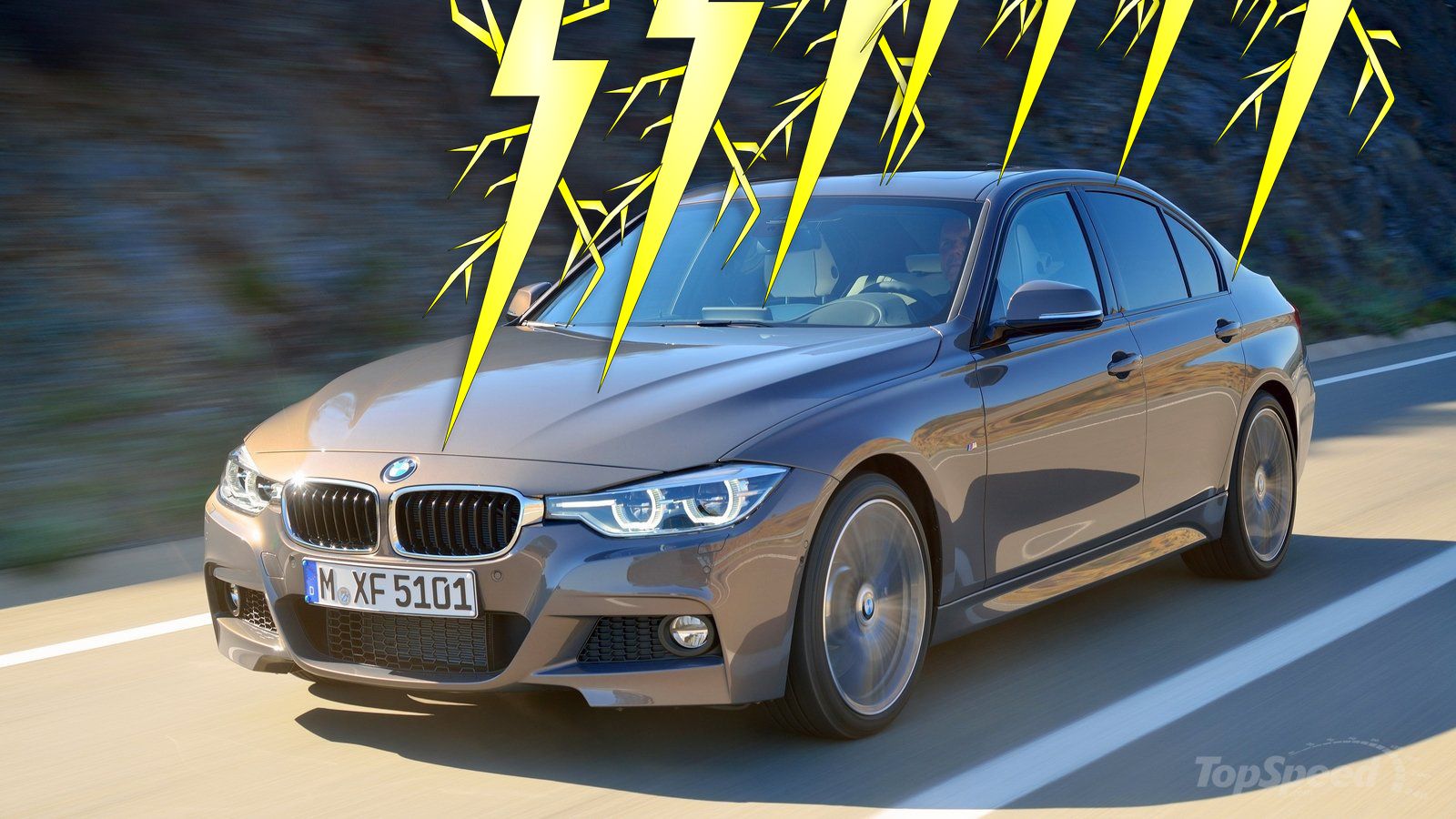Earlier this year, BMW announced that it was more interested in developing autonomous technology and would essentially shift its focus away from developing electric cars like the BMW i3 and i8. With the “i” division slated to get less attention, there was obviously some drama within the company as executives had mixed feelings about straying away from the brand’s electrification strategy. We weren’t really aware of the tensions within Bimmer over this situation until we learned of rumors that BMW board members had decided to skip the Paris Auto Show altogether to finally put the issue to rest. Now, Handelsblatt has learned from an unnamed source that there has been some progress made and that some BMW models will see electrification without getting the official “i” treatment.
With the BMW i3 struggling to meet sales expectations, it isn’t really a surprise that some executives are iffy on investing more money into the brand’s electrification strategy. But, according to that unnamed sources, executives have agreed to bring battery power to not only the 3 Series but the BMW X4 crossover as well. Furthermore, Mini will also see some electrification with at least one Mini model absorbing a battery pack and electric motor into its architecture as well.
For now, this is all rumor of course, but word has it that the electric Mini would take some DNA from the Mini Rocketman Concept. There’s no word as to whether or not the electrified 3 Series and X4 would be an all-electric or plug-in hybrid, so it could really go either way. BMW should come to a finalized decision sometime this month at which point the company will make an official announcement.
Why it Matters
At this point, electrification and autonomous capabilities are at the forefront of business for every automaker. The problem is, everyone is so caught up in autonomous driving technology that very few companies are making any strides in the electrification department. For BMW, the i3 is struggling, but there’s a good reason. To put it simply, its range sucks, and it’s not exactly the best looking car on the showroom floor. BMW really needs to let that sink in for a minute. When you take into consideration that the i3 carries an entry-level price tag of $42,400 and has a range of just 81 miles, it’s no wonder that it’s struggling to meet sales expectations. You can go with the range extended model for a few grand more and get a range of 150 miles, but there are much cheaper options out there.
If you compare the entry-level i3 to the larger, Chevy Bolt, it’s really a no-brainer. The Bolt starts out at $33,220, has 238 miles of battery-induced range, has more interior space, and it looks a hell of a lot better. Why would someone spend $10,000 more to buy an i3? Just to have a Bimmer? Sorry BMW, but the i3 isn’t going to get that kind of following in its current state. The Chevy Spark, which is similarly sized commands just $25,120 and pulls 82 miles of range – that’s nearly $20,000 cheaper. Even the Nissan Leaf at $29,010 pulls 107 miles of battery range and falls into the same size category. The bottom line is that if BMW wants to be successful in the electric vehicle segment, it really needs to do something about its battery technology and start offering a true, usable range that can compete with the much cheaper models out there. Just being a luxury brand isn’t really going to cut it.

